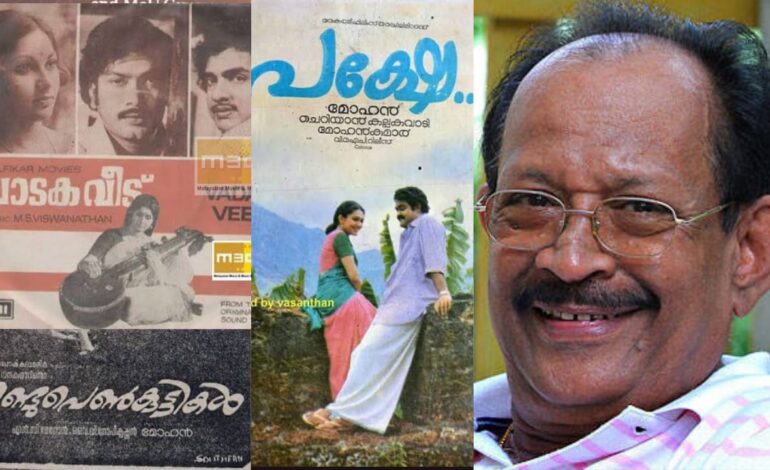
“There is a kind of sadness that comes from knowing too much, from seeing the world as it truly is. It is the sadness of understanding that life is not a grand adventure, but a series of small, insignificant moments, that love is not a fairy tale, but a fragile, fleeting emotion, that happiness is not a permanent state, but a rare, fleeting glimpse of something we can never hold onto. And in that understanding, there is a profound loneliness, a sense of being cut off from the world, from other people, from oneself.” – Virginia Woolf.
A friend passed on the news of the demise of the Malayalam film director Mohan. It’s a time of turmoil for the Malayalam cinema industry. The celebrations of successes at the box office seem trite. It feels like the passing away of an era of the extravagant, loud and mercenary art: the erasure of the unreal glitter that was turning into a synonym of the celluloid world. Perhaps it’s timely that someone who didn’t seem a part of this celebratory, glamourous crowd should say farewell now.
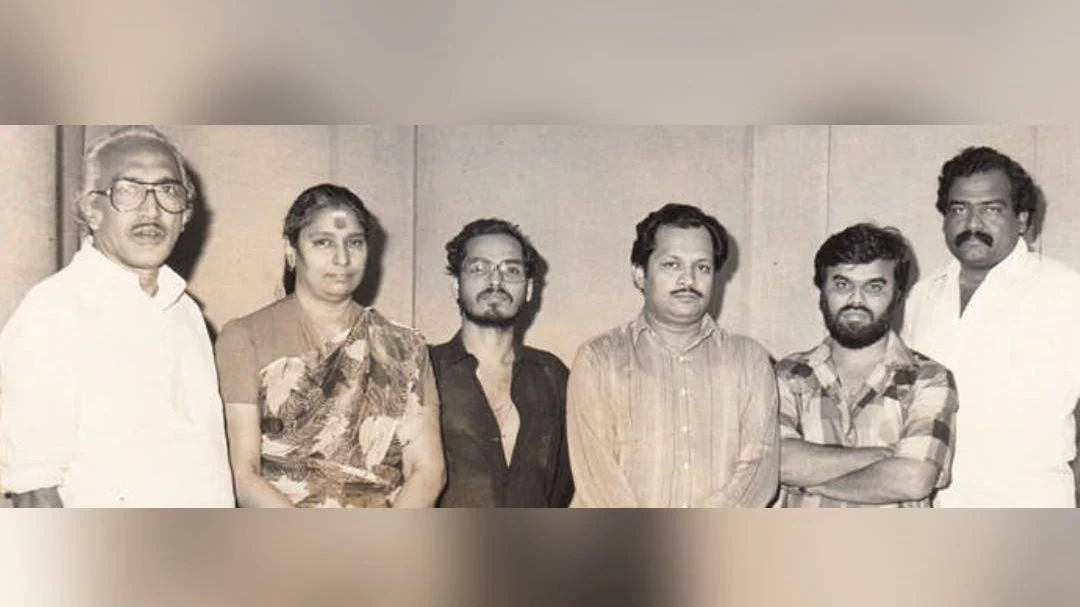
His films, of which I have only watched a few, but watched again when I needed the reassurance that the world saves isles of refuge for those who are lost, gain importance in this hour.
The young idealists, the romantics, the readers, that we were, found solace in the silent, unexpressed, vibrant love, so subtly conveyed in a gaze, a smile or accidental brushing of garments. Those were the days of listlessness and quiet languorous afternoons when the celluloid seemed to reflect life, young, foolish, desperate and mysterious: No sleaze, violent sex or misplaced orgasmic bodies.
When I first watched ‘Shalini ente Kootukaari’, it was therapeutic. The friends meeting many years after the violent flooding of their lives; their stories and their spent smiles, made life possible. ‘Vida Parayum Munpe’ should have been a plain and straightforward tear jerker but what the movie ultimately does is that it turns the viewer, reflective and roused.
‘Pakshe’ is a slice of life that turns sour and bitter, but love that remains pure and untarnished, reminding us of the complexity of our emotions and the point of no return our decisions drag us to – ordinary people,extraordinary moments. ‘Oru Katha Nunakatha’ had a lightness about it though the protagonist was on a rollercoaster of emotions that he had no control over. The vulnerability of the ‘hero’ tugs at our heartstrings so our laughter at his predicament is one without malice. ‘Angine Oru Avadhi Kaalathu’ has a rather contrived plot but as in all Mohan films the purity of his characters wins the day.
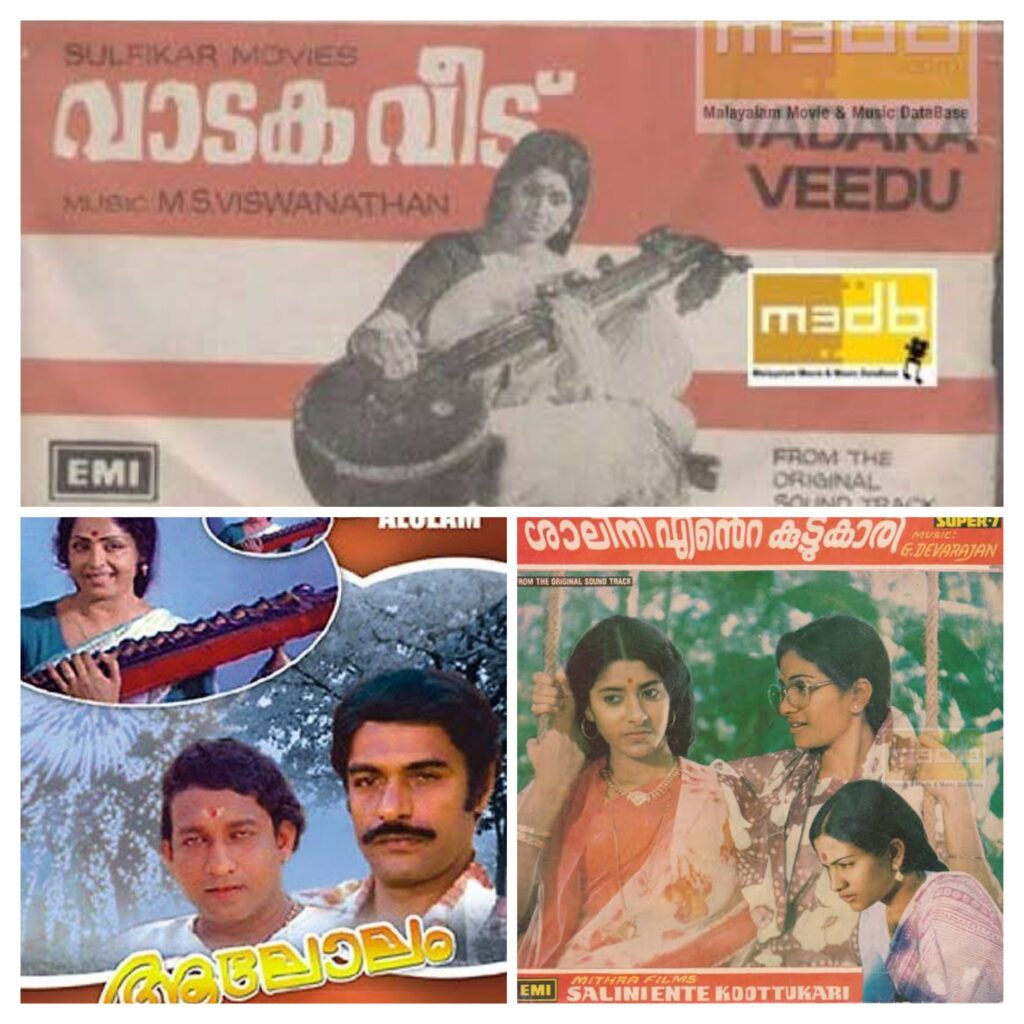
The actors and actresses who played his characters were not of the glamour driven industry. They were beautiful, ordinary people whose lives were real and not concocted for the cinema. As characters in Mohan films, Nedumudi Venu, Jalaja, Shobha and even those who were usually flamboyant stars often shed their star persona and lived their roles.
These films, unlike the ones that thrived on the melodramatic, the extremely violent and the overtly sexual depiction of human lives, took us on a journey through the dark alleyways of our own lives guiding us with the glimmer of torch lights when we stumbled. The households or establishments where muscle flexing patriarchs reigned and oppressed and persecuted their seemingly weak, poetic, sensitive counterparts seem the motif that runs through most of these films.
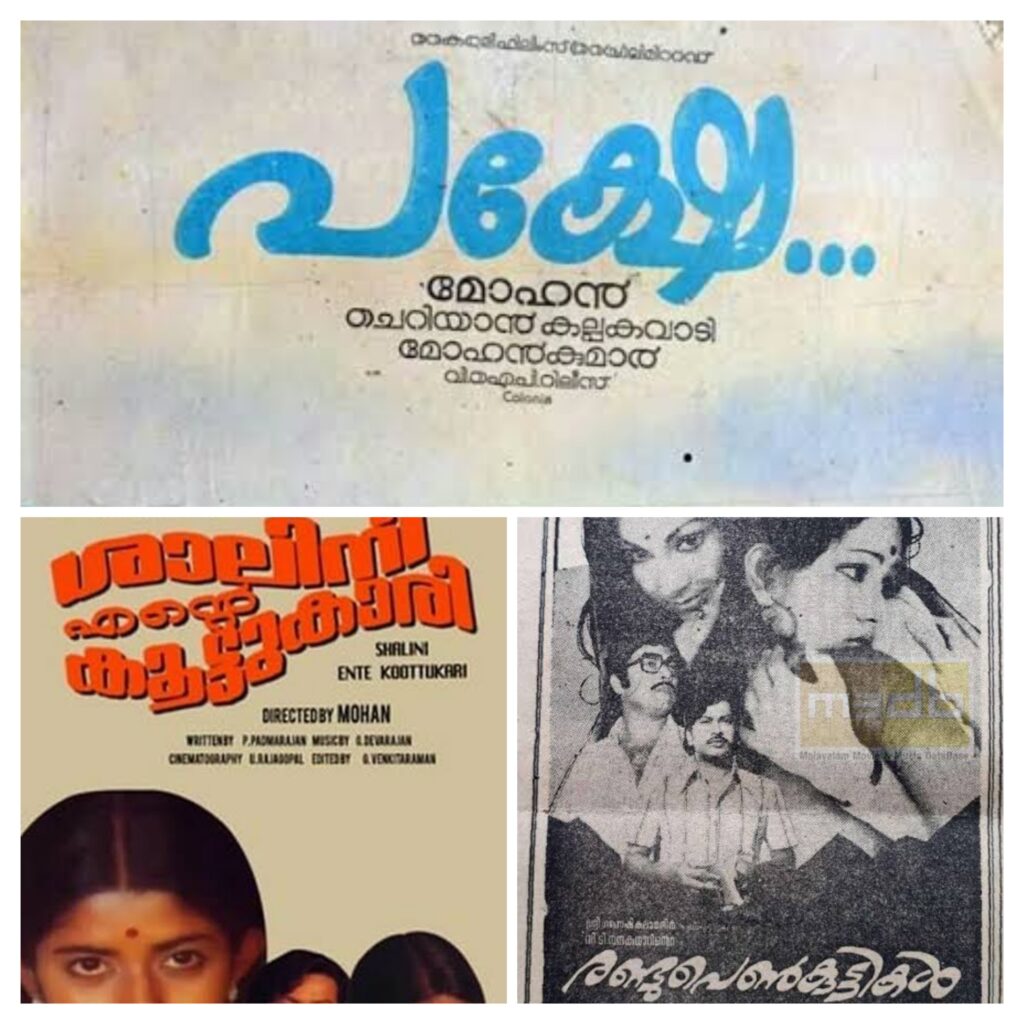
Mohan, in all his widely watched films keeps the audience riveted without the dumbing down of the content or form. His method of storytelling moves, river-like, flowing pleasantly to grow turbulent and finding its quiet grace as it meets the sea.




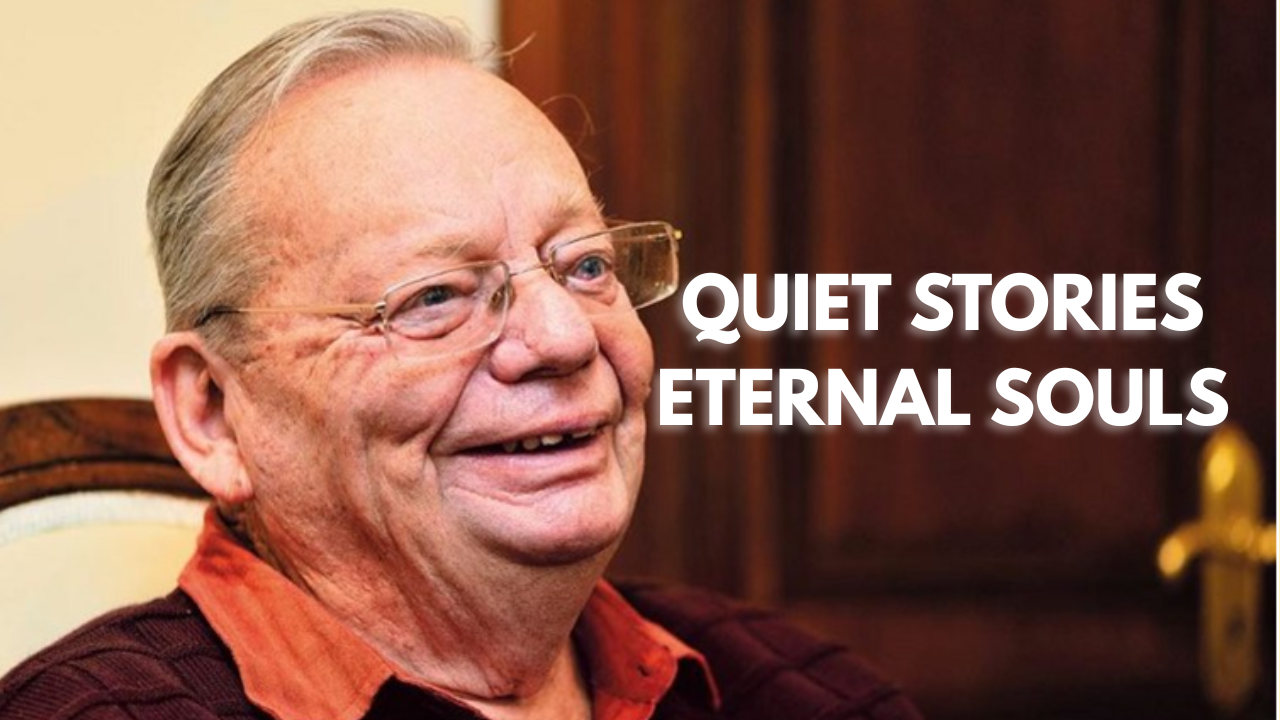
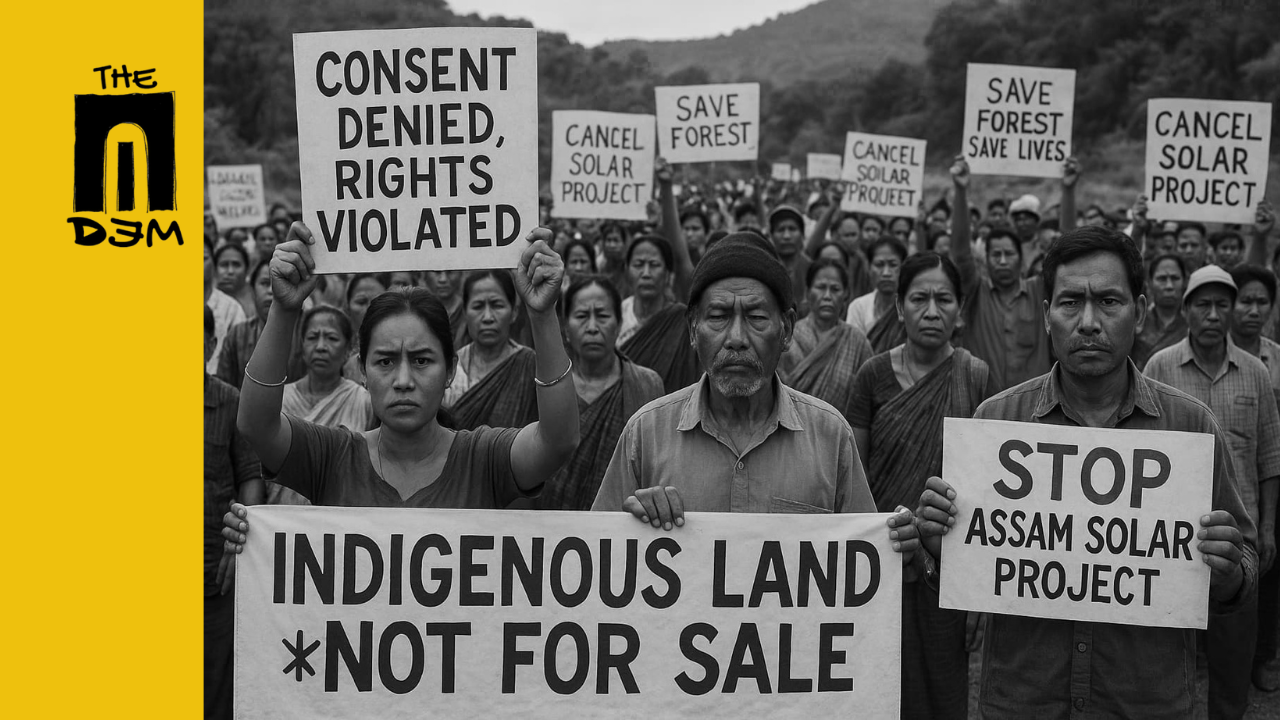

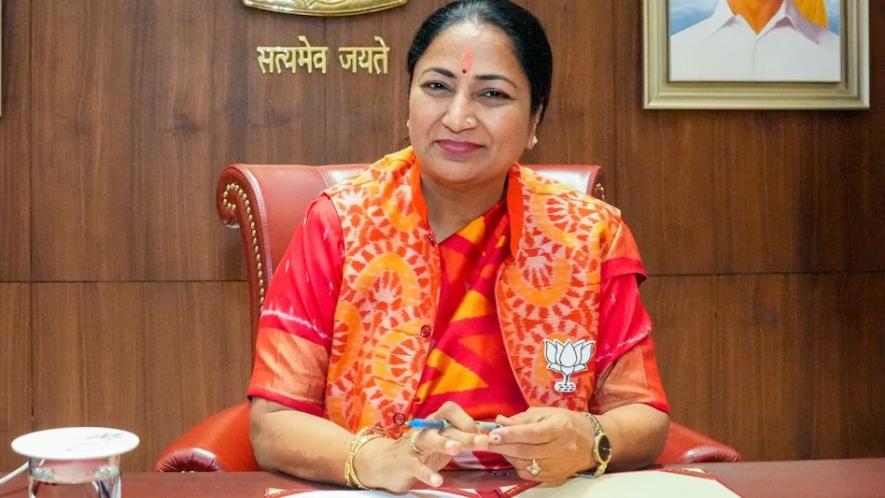




What a lyrical piece of writing . Absolutely captivating. Unfortunately, I have not seen any one of these movies . Would they be available with English subtitles. If not , what a loss !!
Thank you Aarati.